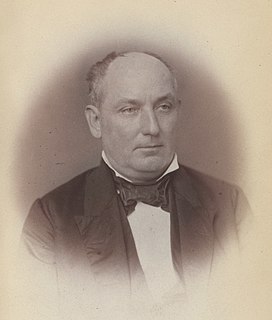A Quote by Nina Simone
Slavery has never been abolished from America's way of thinking.
Related Quotes
More than 150 years after Lincoln's Emancipation Proclamation, slavery is illegal almost everywhere. But it is still not abolished - not even here, in the land of the free. On the contrary, there is a cancer of violence, a modern-day slavery growing in America by the day, in the very places where we live and work. It's called human trafficking.
In terms of America, I think any profound consideration is bound to return us to the notion of twins because, though you certainly can contend there are many Americas, our history has been binary from the beginning, with its hairline fracture down the country's center between what American has wanted to be and what America has been. That fracture is slavery, of course. To some extent it's still slavery, in that collectively we refuse to come to grips with the American fact of slavery.
I would've written this story [Django] if [Barack] Obama were president or if he never existed. For one, I think it's time to tell a story that deals with this subject America has avoided for so long. Most countries have been forced to deal with the atrocities of their past that still affect them to this day. But America has been pretty slippery in the way that it has avoided looking slavery in the eye. I believe that's a problem.
As for slavery, there is no need for me to speak of its bad aspects. The only thing requiring explanation is the good side of slavery. I do not mean indirect slavery, the slavery of proletariat; I mean direct slavery, the slavery of the Blacks in Surinam, in Brazil, in the southern regions of North America. Direct slavery is as much the pivot upon which our present-day industrialism turns as are machinery, credit, etc. … Slavery is therefore an economic category of paramount importance.
Think of US slavery in 1850, or the subjection of women. Both of these injustices could have been - and were! - defended by pointing out, quite correctly, that this situation of slaves and women had been improving throughout the preceding century. Slaves, in particular, were worked less hard, beaten and raped less frequently, better fed, and less often ripped apart from their families. So would a celebration of moral progress have been appropriate in 1850? Surely not. Slavery could have been and should have been abolished - then, if not before.



































